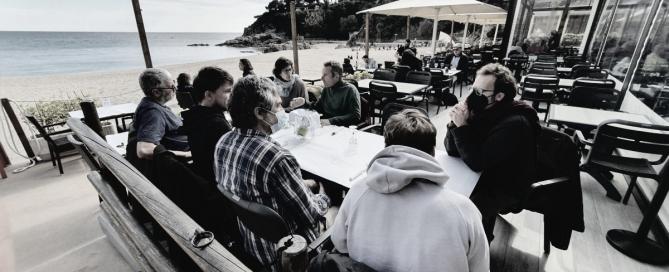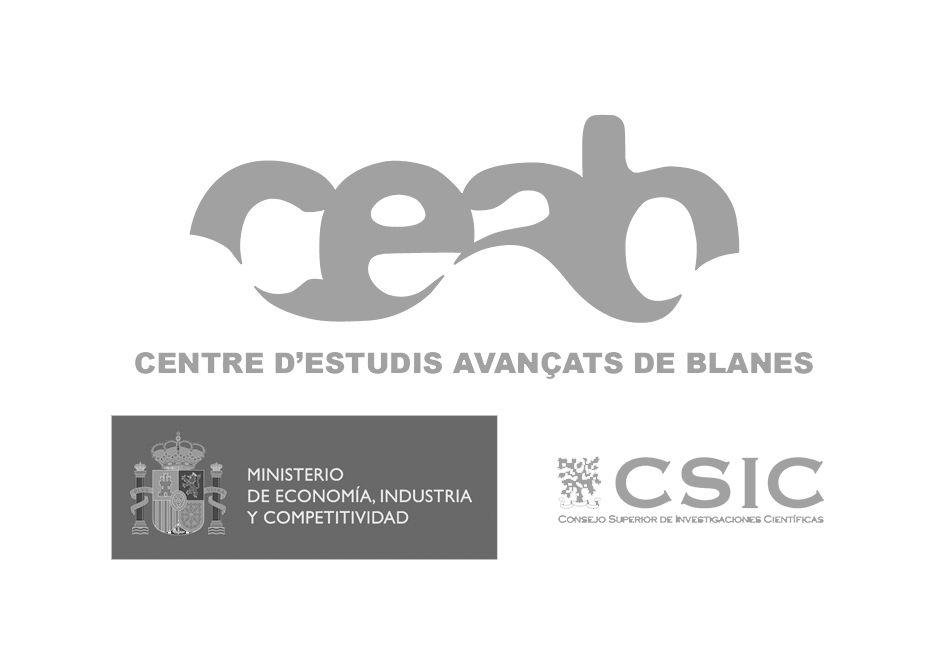On March 3 and 4, the Mosquito Alert team received the visit of Professor Jonathan Liria Salazar from the IKIAM Amazon University. During these days it has been discussed how to implement the Mosquito Alert citizen science in the Ecuadorian city of Tena in the Napo Valley. The collaboration has a grant from the Spanish Agency for International Development Cooperation (AECID) awarded to Professor Jonathan Liria Salazar, who plans to introduce citizen science in the city of Tena to acquire greater knowledge and monitor the yellow fever mosquito (Aedes aegypti), as well as, above all, raising awareness and empowering the population to reduce the presence of the mosquito in their homes.
The city is located in the center-north of the Amazon Region of Ecuador, framed by rivers and surrounded by large natural spaces that shelter an extraordinary biodiversity. In recent years, the capital of Napo province has registered cases of dengue. The professor has been analyzing the distribution by neighborhood of the cases, and now he wants to implement Mosquito Alert in some sectors of the city to contribute to the knowledge of the vector and its breeding places, thus improving its management and reducing the incidence of the disease.
First day: Visit to different centers of the Autonomous University of Barcelona
During his visit, Roger Eritja and Isis Sanpera accompanied him on his first day on his visit to the Department of Animal Biology, Plant Biology and Ecology (BABVE) of the Autonomous University of Barcelona (UAB), as well as CREAF, where he offered a conference on his research focused on the biodiversity of mosquitoes in the forest ecosystems of the Ecuadorian Amazon entitled: “Ecology of Culicidae of Parque La Isla–Tena”. In the afternoon they were received at the IRTA-CReSA (Animal Health Research Center), where he was able to visit their facilities, insectaries and laboratories.
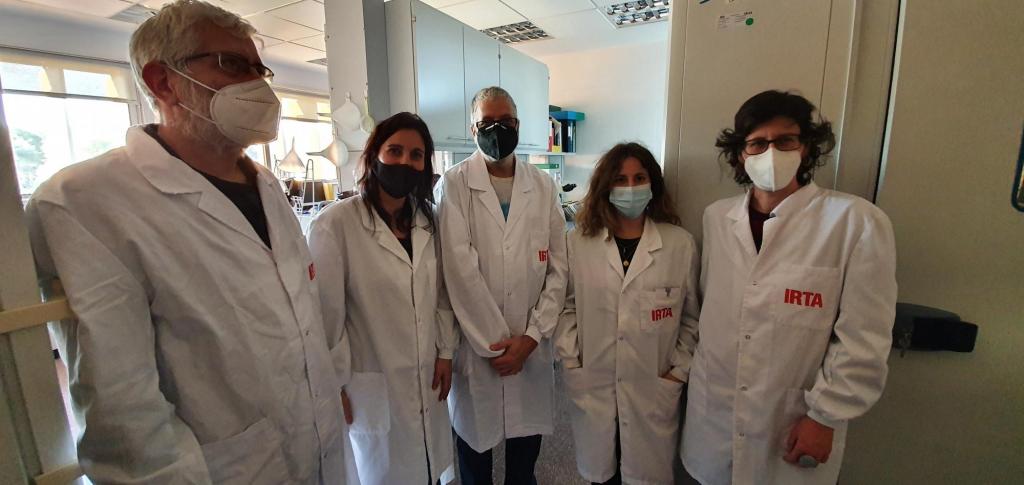
Fig. 1. A moment during the visit of Jonathan Liria Salazar and some members of Mosquito Alert to the IRTA-CReSA facilities. Source: Mosquito Alert CC-BY
Second day: visit to the CEAB-CSIC, design the implementation of Mosquito Alert in Tena
On the second day, he met with part of the Mosquito Alert team at the CEAB-CSIC in Blanes. There he was introduced to the different aspects of Mosquito Alert: an overview of the project, main results and milestones achieved, as well as ideas that are still being developed; also the educational program, the monitoring programs using traditional traps and the field experiments carried out with mosquitoes; the operation of the validation system (EntoLab) and the progress made to implement Artificial Intelligence in image recognition. The afternoon was dedicated to discussing the different possibilities of implementing Mosquito Alert in Tena, as well as the search for administrations and other local actors that can help the good development of the project Ecoepidemiology, citizen science and diversity of insects of medical-veterinary importance in the urban area of Tena, province of Napo.
We hope to receive news from Jonathan Liria Salazar in the coming months about the progress of the project, hoping to help as much as possible to bring it to fruition.
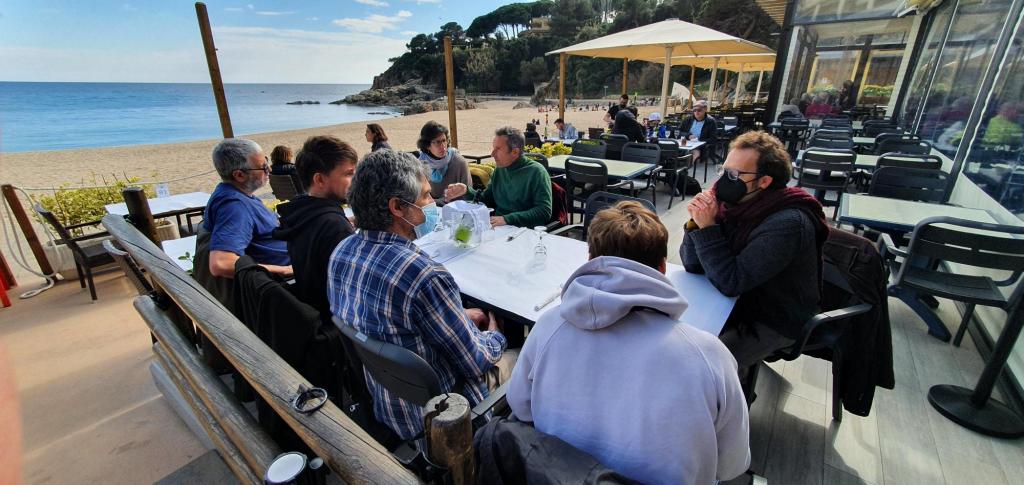
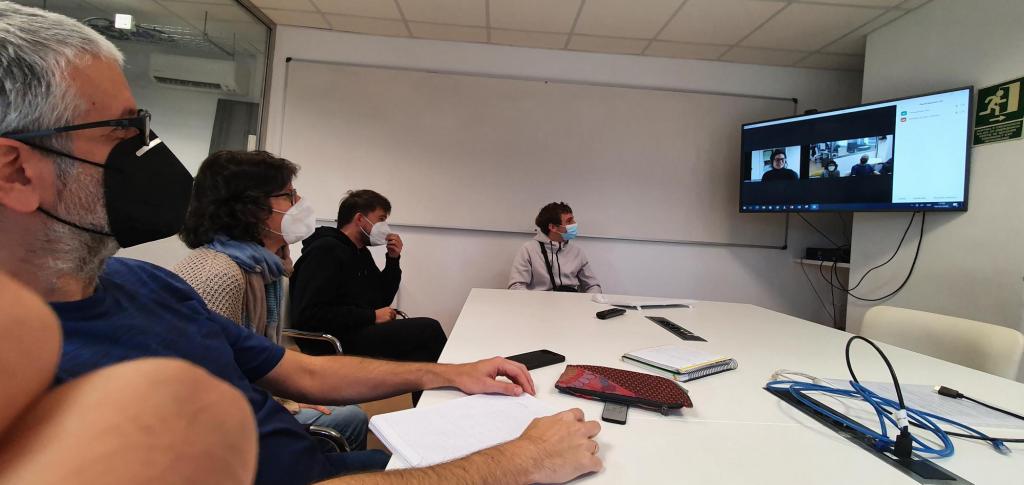
Fig. 2. Jonathan Liria Salazar discussing at the CEAB-CSIC with part of the Mosquito Alert team the way to implement citizen science in the city of Tena, with a break at noon for lunch in a cove in Sant Francesc de Blanes. Source: Mosquito Alert CC-BY

